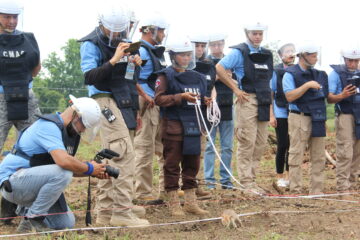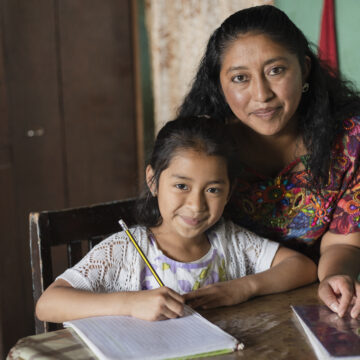“From Colombia to the world”: a cooperation program in peacebuilding
This initiative focuses on capacity strengthening in this matter, from the Global South’s perspective.
Colombia has great experience and has consolidated its institutional strength in peacebuilding. Despite decades of violence, it has implemented a comprehensive peace process that can be transferred to other countries with similar challenges such as Disarmament, Demobilization and Reintegration (DDR by its Spanish acronym), prevention of forced recruitment, attention to victims, and other topics related to security and stability in the territories.
This country has been carrying out technical exchanges with Ibero-American partners and other developing regions on these issues for years. In this regard, the Presidential Agency for International Cooperation (APC Colombia for its Spanish acronym), the Ministry of Foreign Affairs and the National Planning Department —which lead the National Cooperation System— promoted the program From Colombia to the World, through which robust and inclusive strategies “are co-created to empower partner countries’ communities in Africa and Asia as key players in the transition to prosperous, just and lasting peaceful societies” (APC-Colombia, 2025a).
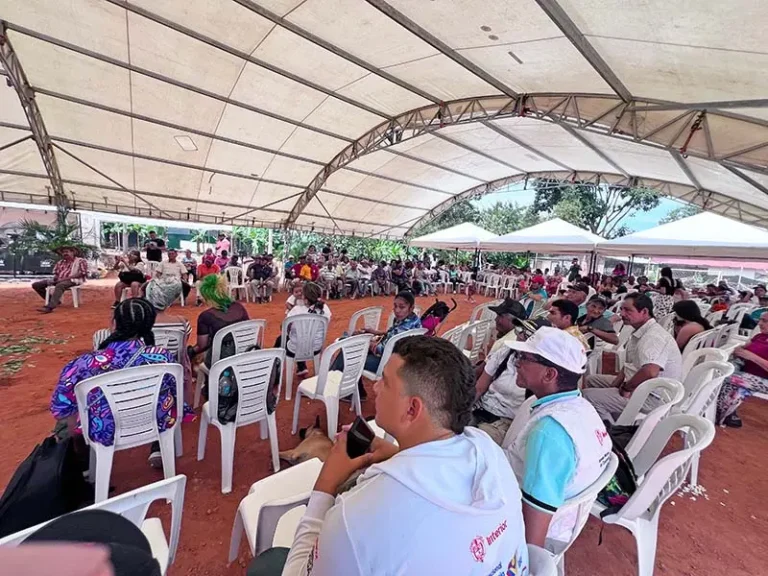
The International Organization for Migration (IOM) and Corporation PROCASUR are also contributing to the Program. The latter is dedicated to enhance development policies, programs and projects that improve the economic, social and environmental life of rural people (PROCASUR, 2025a). It should be noted that territorial, differential, gender and sexual diversity approaches are cross-cuttingly incorporated into the Program, as well as the intersectional perspective (APC-Colombia, internal document), which guarantees a multidimensional approach to the challenges of peacebuilding.
This SSC initiative uses the Learning Route methodology to ensure a contextualized transfer of practical knowledge, and combines local knowledge management with technical exchanges between peers and practitioners (APC-Colombia, 2025b).
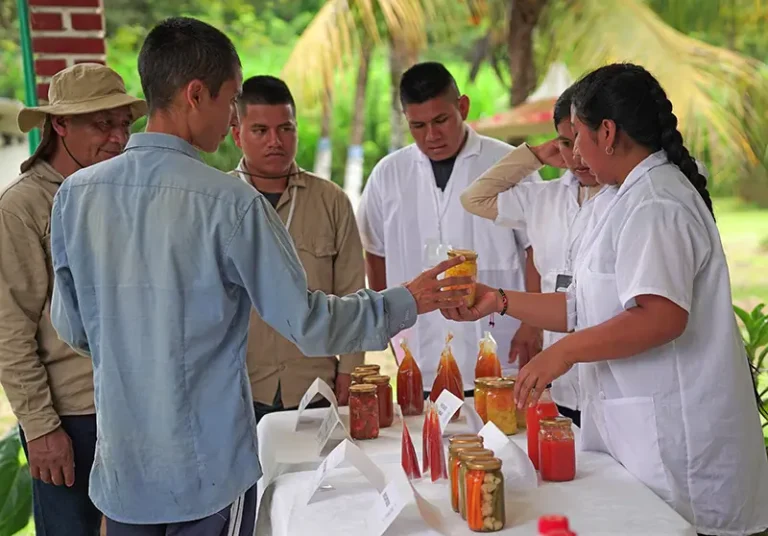
Specifically, the Route’s itinerary goes from the development of a portfolio of experiences that can be shared; the adaptation of this knowledge to specific contexts; immersive learning journeys in the territories; continuous institutional support and a seven-day training activity in Colombia, concluding in the joint development of Action Plans to implement the new approaches and tools back in the recipient countries.
The first Learning Route was carried out at the end of 2024, bringing together delegations from the Philippines, Cameroon, the Democratic Republic of Congo and Nigeria. The Colombian institutions that participated in this initiative were the Agency for Reincorporation and Standardization (ARN by its Spanish acronym), the Territory Renewal Agency (ART by its Spanish acronym) and the Unit for the Attention and Integral Reparation to the Victims (UARIV by its Spanish acronym).
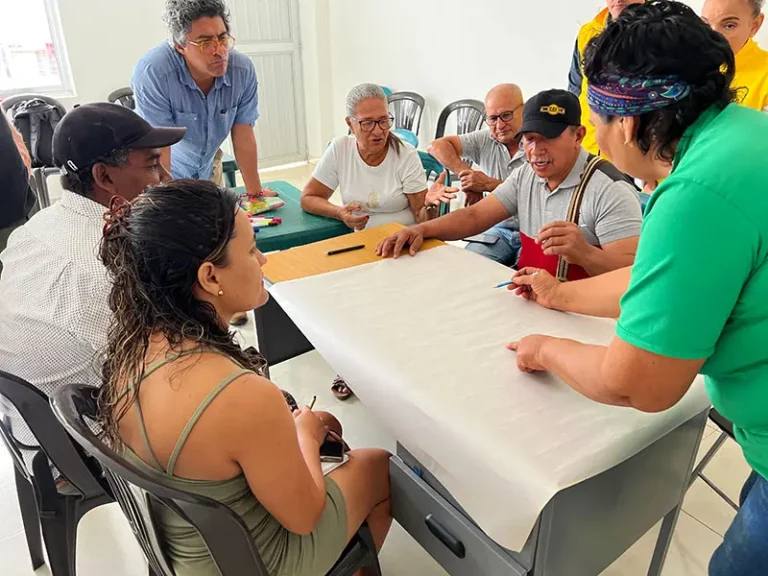
As a result, an innovation plan was developed that includes sustainable socioeconomic reincorporation systems, community participation models and peace funds, and mechanisms for victim reparation and the involvement of the private sector. “During 2025, with the technical support of the organizing team, these delegations will work on adapting the strategies learned, prioritizing the implementation of concrete actions that promote inclusive and sustainable peace” (PROCASUR, 2025b). In addition, this year’s Route will focus on the role of women and people with diverse sexual orientations and gender identities.
April 2025
***
Source: SEGIB based on Agencies and Directorates-General for Cooperation, APC-Colombia (2025a) (2025b) and PROCASUR (2025a) (2025b).
Photos: PROCASUR (2025).
